Trinidad and Tobago – The Children’s Authority of Trinidad and Tobago and UNHCR, the UN Refugee Agency, helped reunite a Venezuelan teenager with her parents in Brazil, following a year-long separation.
On Tuesday, July 5, 15-year-old Josbelis, accompanied by a caseworker from the Children’s Authority, departed Piarco International Airport early in the morning, and a few hours later that evening landed at the Brasilia International Airport in Brazil– straight into the arms of her waiting father.
Sharon Morris-Cummings, Acting Director of the Children’s Authority of Trinidad and Tobago, said, “Our guiding principle is that children thrive best when they are in familial environments. Therefore, we were very pleased to play an integral role, alongside other key stakeholders in the child protection system, to reunite this child with her family. Strategic collaboration with our partners can lead to positive outcomes for the children who need our care and protection, as well as for their families. The Authority will continue to work with stakeholders in support of children and to strengthen families in Trinidad and Tobago.”
UNHCR Trinidad and Tobago’s Head of Protection, Amanda Solano, said, “Finding solutions through complementary pathways is important. Family reunification is a long-term solution for refugees, and we are happy to help in any way we can. This is an example of a successful family reunification and how governments, the international community and national organisations can work together to provide protection for refugees and migrants.”
Getting Josbelis to Brazil required close co-ordination among the Children’s Authority, UNHCR, governments, airlines and international organizations,
including the International Committee of the Red Cross (ICRC), which provided her with an Emergency Travel Document.
Josbelis arrived alone in Trinidad and Tobago in 2021. As a child, her situation was particularly vulnerable. She was placed under the care of the Children’s Authority, whose mission was to find a way to get her back safely to her parents.
UNHCR Trinidad and Tobago reached out to the Children’s Authority after learning of Josbelis’ situation through its network of contacts and partners, including the Living Water Community. This network, which includes stakeholders from the Government of Trinidad and Tobago, international humanitarian organisations and local NGOs, works together closely to ensure refugee and migrant children are protected according to the International Convention on the Rights of the Child.
